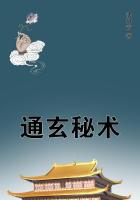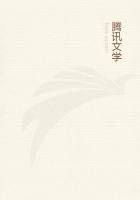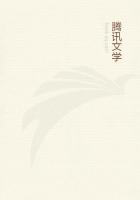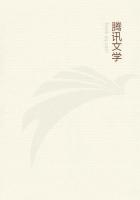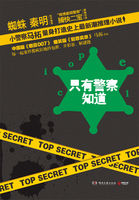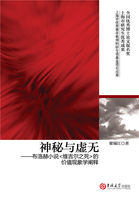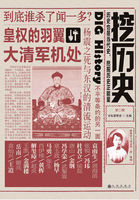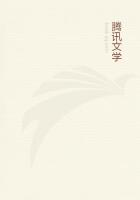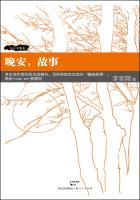The quite obvious conception is this:In the process of production,members of society appropriate (produce,fashion)natural products in accordance with human requirements;distribution determines the share the individual receives of these products;exchange supplies him with the particular products into which he wants to convert the portion accruing to him as a result of distribution;finally,by consumption,the products becomes objects of use --i.e.they are appropriated by individuals.Production creates articles corresponding to requirements;distribution allocates them according to social laws;exchange,in its turn,distributes the goods,which have already been allocated,in conformity with individual needs;finally,in consumption,the product leaves this social movement and it becomes the direct object and servant of an individual need,which use it satisfies.Production thus appears as the point of departure,consumption as the goal,distribution and exchange as the middle --which has a dual form since,according to the definition,distribution is actuated by society and exchange is actuated by individuals.In production,p[persons acquire an objective aspect,and in consumption objects acquire a subjective aspect;in distribution,it is society which,by means of dominant general rules,mediates between production and consumption;in exchange,this mediation occurs as a result of random decisions of individuals.
Distribution determines the proportion (the quantity)of the products accruing to the individual,exchange determines the products in which the individual claims to make up the share assigned to him by distribution.
Production,distribution,exchange and consumption,thus,form a proper syllogism;production represents the general,distribution and exchange the particular,and consumption the individual case,which sums up the whole.This is indeed a sequence,but a very superficial one.
Production is determined by general laws of nature;distribution by random social factors,it may therefore exert a more-or-less beneficial influence on production;exchange,a formal social movement,lies between these two;and consumption,as the concluding act,which is regarded not only as the final aim but as the ultimate purpose,falls properly outside the sphere of economy --except insofar as it in turn exerts a reciprocal action on the point of departure,thus once again initiating the whole process.
The opponents of the economists,who accuse the latter of crudely separating interconnected elements,either argue from the same standpoint or even from a lower one --no matter whether these opponents come from within or without the domain of political economy.Nothing is more common that the reproach that the economists regard production as a goal in itself,and that distribution is equally important.This argument is based on the concept of the economists that distribution is a separate and independent sphere alongside production.Another argument is that the different factors are not considered as a single whole;as though this separation had forced its way from the textbook into real life and not,on the contrary,from real life into the textbooks;and as though it were a question of the dialectic reconciliation of concepts,and not of the resolution of actually existing conditions.
(a)Production and Consumption Production is simultaneously consumption as well.It is consumption in a dual form --subjective and objective consumption.Firstly,the individual,who develops his abilities while producing,expends them as well,using them up in the act of production,just as in natural procreation,vital energy is consumed.Secondly,it is consumption of the means of production --which are used and used up and in part (as for instance fuel)are broken down into simpler components.It similarly involves consumption of raw material,which is absorbed and does not retain its original shape and quality.The act of production itself is thus,in all its phases,also an act of consumption.The economists concede this.They call productive consumption,production that is simultaneously identical with consumption,and consumption which is directly concurrent with production.The identity of production and consumption amounts to Spinoza's proposition:Determinatio est negatio.
But this definition of productive consumption is only advanced in order to separate consumption that is identical with production from consumption in the proper sense,which is regarded by contrast as the destructive antithesis or production.Let us therefore consider consumption proper.
Consumption is simultaneously also production --just as in nature,the production of a plant involves the consumption of elemental forces and chemical materials.It is obvious that man produces his own body (e.g.through feeding,one form of consumption).But the same applies to any other kind of consumption which in one way or another contributes to the production of some aspect of man.Hence,this is consumptive production.Nevertheless,says political economy,this type of production that is identical with consumption is a secondary phase arising from the destruction of the first product.In the first type of production,the producer assumes an objective aspect;in the second type,the objects created by him assume a personal aspect.Hence,this consuming production --although it represents a direct unity of production and consumption --is essentially different from production proper.The direct unity,in which production is concurrent with consumption and consumption with production,does not affect their simultaneous duality.

